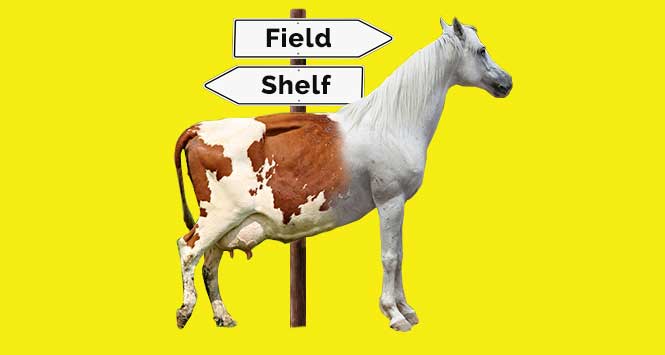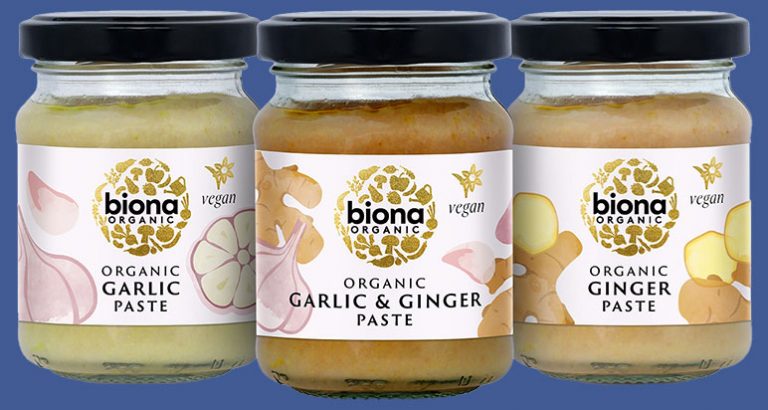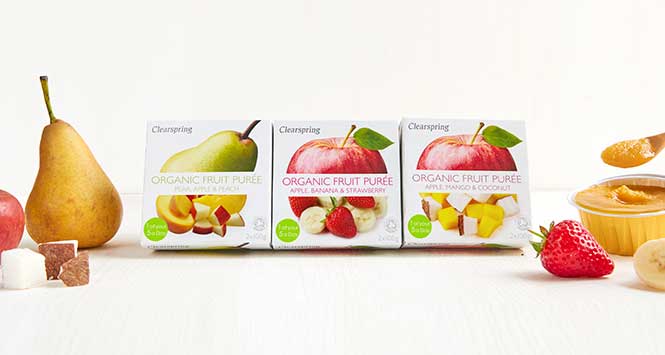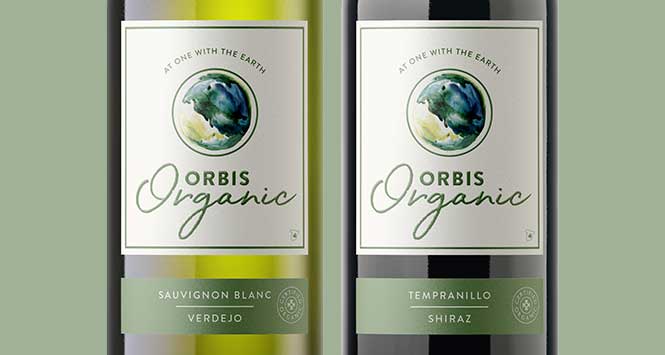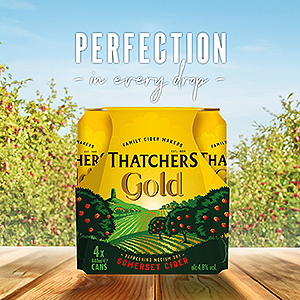One-fifth (20%) of people in the UK are most likely to blame the retailer in cases of food fraud. That’s according to NFU Mutual’s Food Fraud Report 2017.
Convenience stores were held to be the least trusted type of food outlet by 16% of the survey’s respondents. Almost three times as many people (42%) thought takeaways were least trusted however, with 21% voting for an online source.
The least trusted product types were processed foods (35%), red meat (18%) and supplements (15%).
Food assurance stamps were found to have a very strong influence on purchase decisions, with 67% of people using them to help choose the products they buy. The Fair Trade stamp proved the most influential.
The release of the report coincides with the launch of an experimental scheme designed to improve supply chain transparency in the face of food fraud.
Soil Association Certification, which certifies over 70% of all organic products sold in the UK, has teamed up with start-up tech firm Provenance to pilot technology which tracks the journey of organic food from farm to shop shelf. As part of Organic September, shoppers will be able to tap their smartphones on packets of Eversfield Organics bacon on sale in select As Nature Intended stores, and instantly retrieve the product’s complete supply chain journey.
The pilot uses Near Field Communications (NFC) technology, the same as is used to tap public transit passes. This means the information of a product’s journey is now instantaneously accessible to shoppers with NFC-enabled smart phones, no app required.
Shoppers can see information including the organic criteria met by the product, a map of its journey, and even photographs from the farm. The information is stored in a blockchain, the same technology behind emerging digital currency Bitcoin.
A blockchain is a form of digital ledger in which transactions are recorded chronologically and publicly. There is no single centralised version of the blockchain. Instead it exists across millions of computers at the same time, and so cannot be altered retroactively.
With high profile cases such as the horse meat scandal in 2013 knocking the confidence of nearly half of those polled by the NFU (46%), the advantage of such a system to consumers is clear: once a horse, always a horse.
Frank Woods, Retail Sector Specialist at NFU Mutual, said: “Our research exposes the damaging effect that various influencers have had on consumer confidence over time, and the responsibility many people place on retailers to thoroughly assess the produce they sell. Much of the industry is addressing this by adapting its supply strategy and supporting British producers – popular with consumers who want to support local businesses on home soil. How British retailers will be supported and enabled to deliver the quantity of food required and improve consumer confidence remains to be seen.”
Clare McDermott, Business Development Director at Soil Association Certification, commented: “Consumer mistrust of supply chains is a key issue to address in today’s food retail, so we’re thrilled to see blockchain technology working with organic supply chains to give consumers full transparency when they see the Soil Association organic symbol.”


